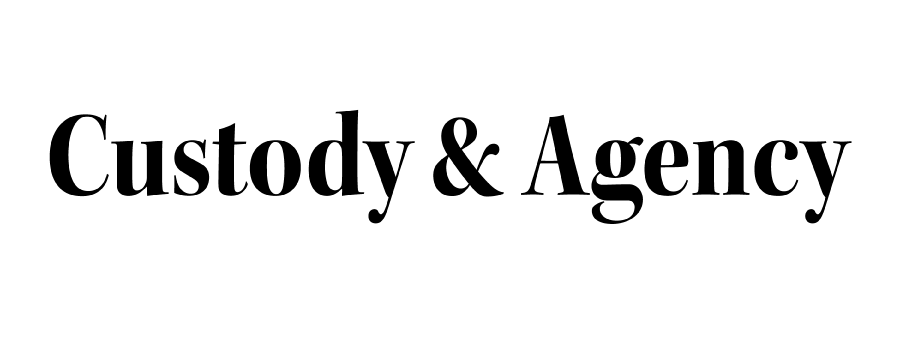Deceptive practices in medical marketing can have serious implications for patient trust and healthcare integrity. Some examples include:
- Misleading Testimonials: Using fabricated or misleading patient testimonials claiming exaggerated or false benefits from a treatment or service.
- Exaggerated Claims: Making unsupported or exaggerated claims about the effectiveness of a product or treatment without scientific evidence.
- Before-and-After Photos Manipulation: Presenting before-and-after images that are digitally altered or not representative of actual results, misleading patients about potential outcomes.
- False Credentials or Endorsements: Falsely claiming credentials or endorsements from reputable organizations or professionals to enhance credibility.
- Offering Unrealistic Guarantees: Promising guaranteed results or outcomes without scientific backing or dismissing potential risks associated with treatments.
- Incomplete Information: Withholding important information about risks, side effects, limitations, or alternative treatment options.
- Off-Label Promotion: Promoting medications or devices for uses not approved by regulatory bodies, bypassing safety and effectiveness evaluations.
- Fear-Based Marketing: Exploiting patients’ fears by creating undue anxiety to encourage unnecessary medical procedures or treatments.
- Unsubstantiated Comparative Claims: Making unfair comparisons with other providers or treatments without adequate evidence or using biased data.
- Manipulative Language: Using emotionally charged or manipulative language to persuade patients to undergo unnecessary treatments or procedures.
These practices can deceive patients, erode trust in healthcare providers, and potentially lead to harm or exploitation. Adhering to ethical guidelines and regulatory standards is crucial to maintaining integrity in medical marketing and ensuring patient safety and well-being.
